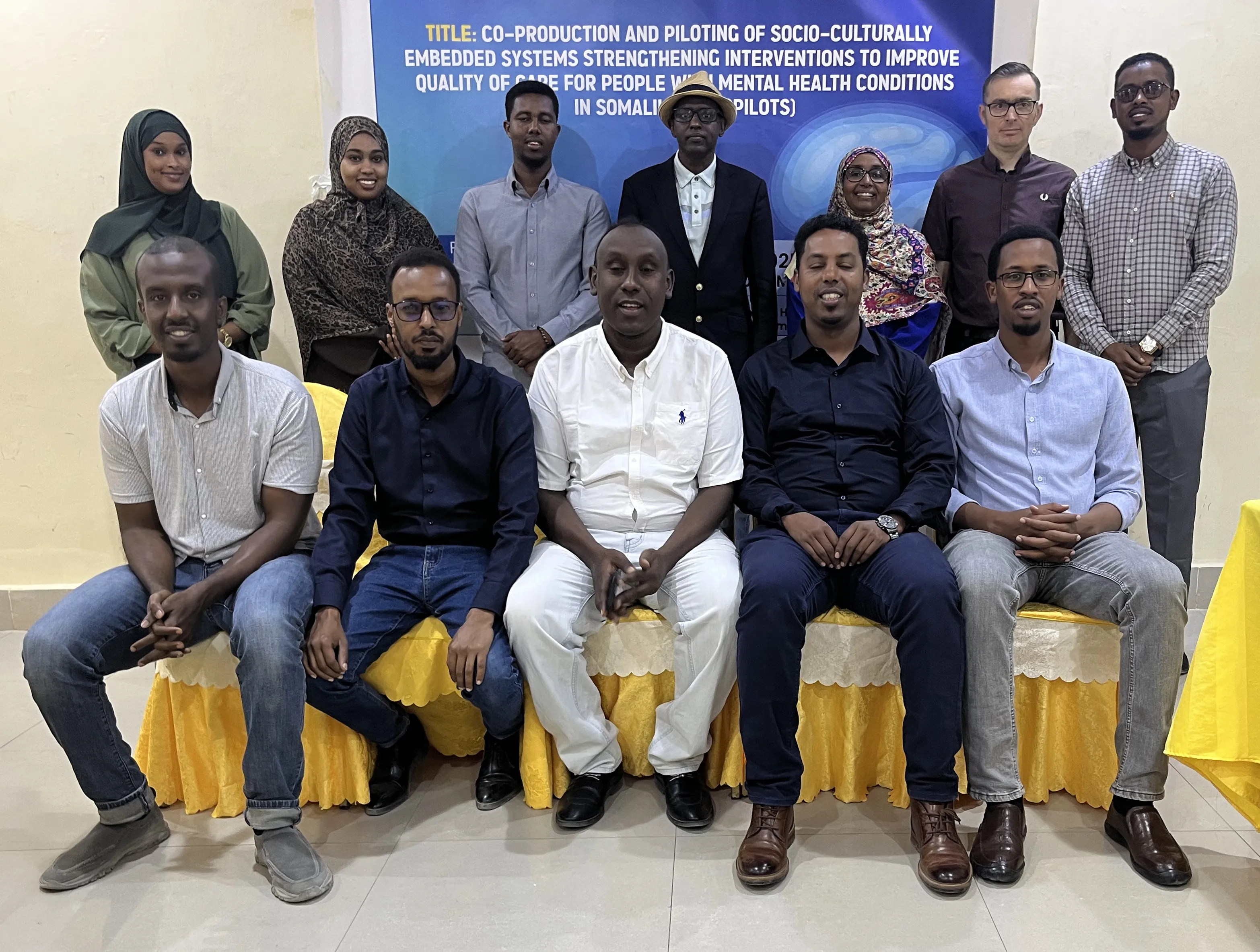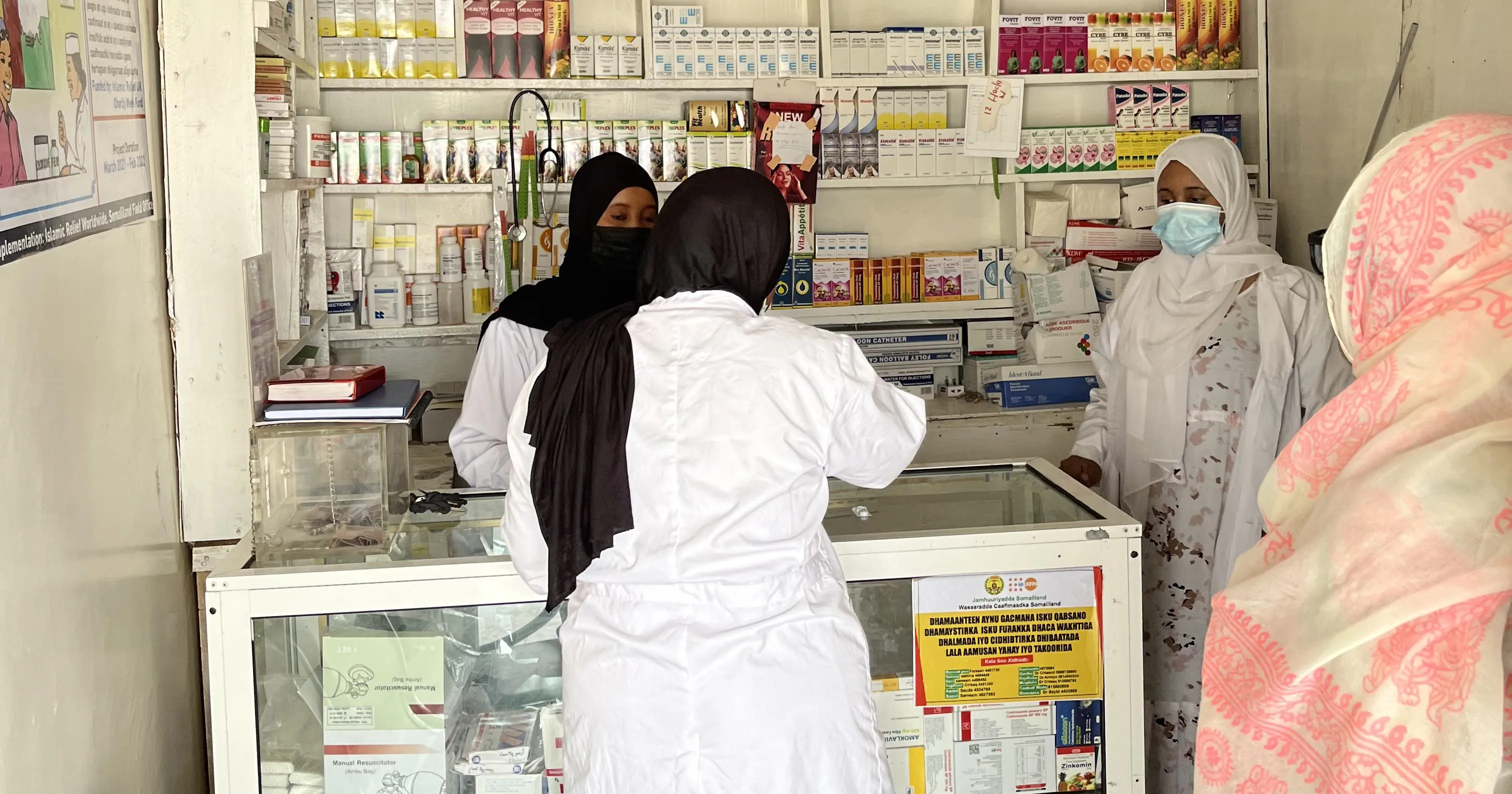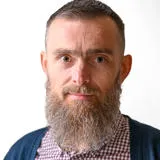Copilots

Mental health conditions (MHCs) are highly prevalent in Somaliland, while services to treat them are frequently of low quality and rarely provide respectful, rights-based care. Due to this and a high level of stigma, many people with MHCs choose not to use any form of care – either public or faith-based – resulting in many people with MHCs remaining untreated at home. Our goal is to understand the reasons people with MHCs choose the care they do and the experiences they have, providing information we can use to intervene to improve the services provided.
A key element of this process is to adapt and implement activities to equip and support people with MHCs, their caregivers and health workers to increase their empowerment and build foundations for participation in research, advocacy and co-production of an intervention package. We aim to understand perspectives on care-seeking for specific MHCs and quality of mental healthcare among this group of participants.
Following these processes, we will facilitate a Theory of Change (ToC) process to understand prioritised outcomes for people with MHCs and their caregivers and map the steps to achieving these outcomes. This leads to the final element of our project: to co-develop and pilot an intervention to improve the ability of faith-based, specialist and general healthcare services to provide beneficial and respectful care to people with MHCs.

Aims
Our overall aim is to intervene to improve the quality of mental health care provided in public and faith-based sectors such that people with MHCs have the option to seek care in either sector that is respectful and ensures their human rights are protected.
Methods
We will empower people with MHCs, caregivers and health workers to participate in research design using a Participatory Action Research-informed empowerment methodology. Alongside the empowerment process, we will conduct interviews and focus groups and ethnographic observation of encounters in care facilities in both the public and faith-based sectors. We will then conduct a Theory of Change process to develop a package of interventions. The interventions will then be piloted and evaluated using process evaluation.
Impact
We anticipate that our greatest impacts will be to:
- Empower people with MHCs and their caregivers so they have the skills and knowledge to proactively shape the direction of future mental health research in Somaliland
- Improve understanding of and respect for MHCs among health workers to increase respectful, rights-based care
- Identify the major issues people with MHCs and their caregivers experience in accessing and using mental healthcare and intervene to address these issues.
Key partners/ co-investigators involved:
- Charlotte Hanlon, University of Edinburgh
- Yusuf Hared, Somaliland Programme Manager, Amoud University
- Soheir Hassan, University of Hargeisa
- Liban Hersi, Ministry of Health Development, Somaliland
- Fatumo Osman, Dalarna University
- Medhin Selamu, Addis Ababa University
- Nasir Warfa, Jigjiga University
Principal Investigator
Investigators
Affiliations
Funding
Amount: £998,228
Period: February 25 - January 28


